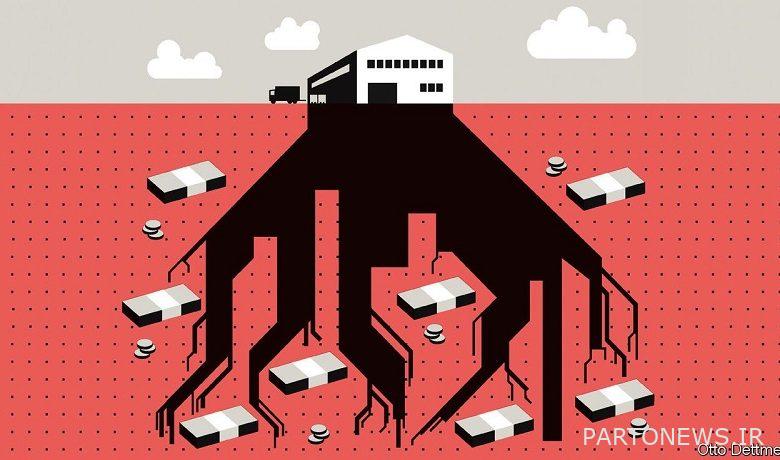What negative effect does the increase in housing prices have on the economy?

According to Tejarat News, House price In the 18th and 19th decades, it was the main criterion for measuring the state of a country’s economy. But the interest of economists in this area changed over time. In the 20th century, they paid less attention to this field. With the beginning of the 21st century, however, attention returned to the housing market. The global economic crisis increased the importance of the consequences of the housing crisis. With the weakening of the balance sheets of the banks, the tendency of the house owners to spend as little as possible increased and increased the possibility of economic recession.
New article Economist He says that in recent years the impact has increased House price And their impact on lending, investment, and ultimately the efficiency of the economy has become more important. The worrisome result is that high property prices and their increase can have devastating effects on the economy. The economy is threatened by reduced productive investments leading to inappropriate and misallocated capital. In most cases, land price inflation may be the cause of a long-term decline in productivity growth.
Real estate is the largest asset in the world. In 2020, real estate accounted for 68% of non-financial assets. The lands of these properties, apart from the buildings built on them, constitute half of this 68%. A non-financial asset is an asset that cannot be traded in financial markets. With the increase in the value of these assets, their share of non-financial assets increased in some countries.
Since land can easily be valued and is not hidden or intersected, it is considered a good collateral for obtaining a loan. So when land prices rise, as they have in most places over the past few decades, the primary effect is to increase lending and boost economic activity. Households can use their valuable assets to borrow money. Landowning companies can also easily access funding. The more valuable people’s assets are, the better they feel about spending.
Why is lending based on collateral harmful to the economy?
But using lands as collateral can also have destructive effects. Especially in countries where banks play a significant role in financing companies. If banks decide to give loans to companies based only on the assets they own, the potential and efficiency of some companies will be ignored. In this way, companies that have enough assets under their ownership can more easily borrow even if they have lower returns than their competitors. As a result, the government pays for companies that cannot be efficient enough and economic growth gradually decreases.
A study in China showed that a 50% increase in real estate prices increases borrowing costs, reduces investment and productivity, and lowers the efficiency of companies by 35%. Policymakers can control their distribution by imposing limits on the number of properties and assets owned by individuals. Also, encouraging more basic construction can reduce prices. Also, limiting the amount of loans companies can receive can encourage them to increase their productivity targets.

